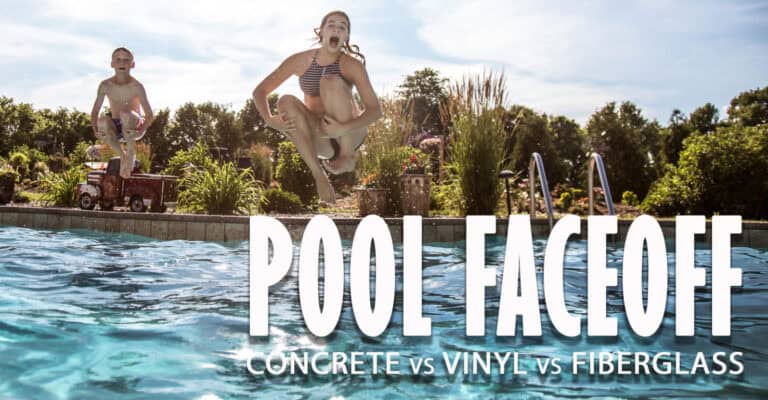Pool Care and Chemical Maintenance: The Basics
July 16, 2020
Unbalanced pool chemicals lead to water that will not only irritate and itch but also can cause damage to the pool. Slimy algae, stains, scale, and corroding pool equipment do not have to be part of owning a pool and maintaining chemicals does not have to be super complicated. Read more for some basic information…


